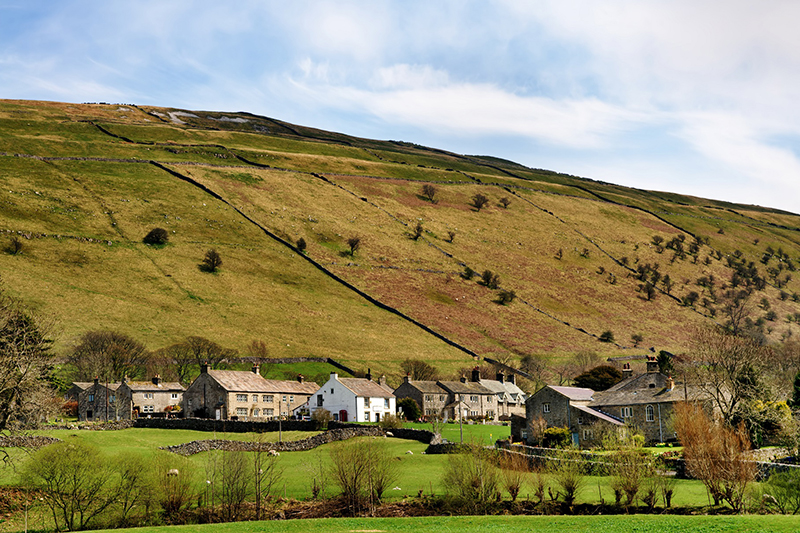
27th November is Fuel Poverty Awareness Day, and OFTEC has warned that many more rural households will be forced into fuel poverty unless government puts affordability at the heart of its low carbon plans.
With UK unemployment rising steeply as a result of the pandemic, emergency borrowing by low and middle income families struggling to meet essential bills has soared by 66% since May. Many of these households live in rural areas where disposable incomes are lower and fuel poverty levels are already significantly deeper.
Yet government is continuing its plans to target off-grid households with a heat policy that would see fossil fuel heating systems replaced with electric heat pumps, and in some cases biomass boilers, which cost on average upwards of £10,000 to install.
OFTEC CEO, Paul Rose, says: “Emissions from home heating must be cut but when it comes to shaping policy, the reality of the situation has to be factored in. Rural consumers are among those least able to afford carbon reduction measures but often live in the hardest and most expensive to improve homes.
“Almost two thirds of oil heated properties in Great Britain currently fall into the lowest EPC Bands E-G, and with the latest fuel poverty statistics showing the energy costs for the least efficient homes are three times higher than for homes in Bands A-C, it’s no wonder so many are struggling.
“Expecting these families to be able to find thousands of pounds to fund green heating systems when many are struggling to pay their mortgages, rents or existing utility bills is just nonsensical.”
The energy efficiency of rural homes urgently needs addressing but figures from the Department of Business, Energy and Industrial Strategy (BEIS) suggest this will be a costly exercise. BEIS estimates that upgrading the 765,000 oil heated homes rated EPC Band E-G to an acceptable Band C would cost on average between £12,300 and £18,900 per property.
Paul Rose continues: “In the current climate, most consumers won’t be able to consider this expense, especially on top of the cost of a new heat pump or biomass boiler, even with continued government subsidies. Worse still, even if they make this investment, there’s no guarantee their heating bills will fall significantly.
“Unless the government takes another look at its current thinking and accepts that a fairer, more affordable route to net zero must also be offered, we are concerned the result could be disastrous for many rural households and progress towards the UK’s carbon reduction targets will continue to stall.”
OFTEC says off-grid consumers need a tailored programme of support to successfully transition away from fossil fuel heating. This must include greater financial assistance for energy efficiency improvements and access to a wider choice of cost effective low carbon heating options, including renewable liquid fuels.
Following laboratory tests, field trials are underway in homes across the UK using a new liquid fuel called Hydrotreated Vegetable Oil (HVO) as a near drop in replacement for heating oil. HVO could cut carbon emissions by over 90% and avoid the high installation costs associated with other low carbon heating solutions.
Paul Rose concludes: “The government is expected to publish its long awaited consultation on decarbonising home heating soon and we’re asking other organisations to add their voice to our call for an urgent rethink on off-grid heat policy.
“With the right policy support, renewable liquid fuels could offer rural households an easier, cheaper to install low carbon heating solution than the current options proposed, greatly increasing the chances of take-up.
“There are still questions over the price of a renewable liquid fuel but this could be addressed through government subsidies, which would be at a fraction of the level of support needed for other low carbon options. The stakes are high and there is no time to lose. Government must start backing decarbonisation solutions that will work, and are also fair.”













